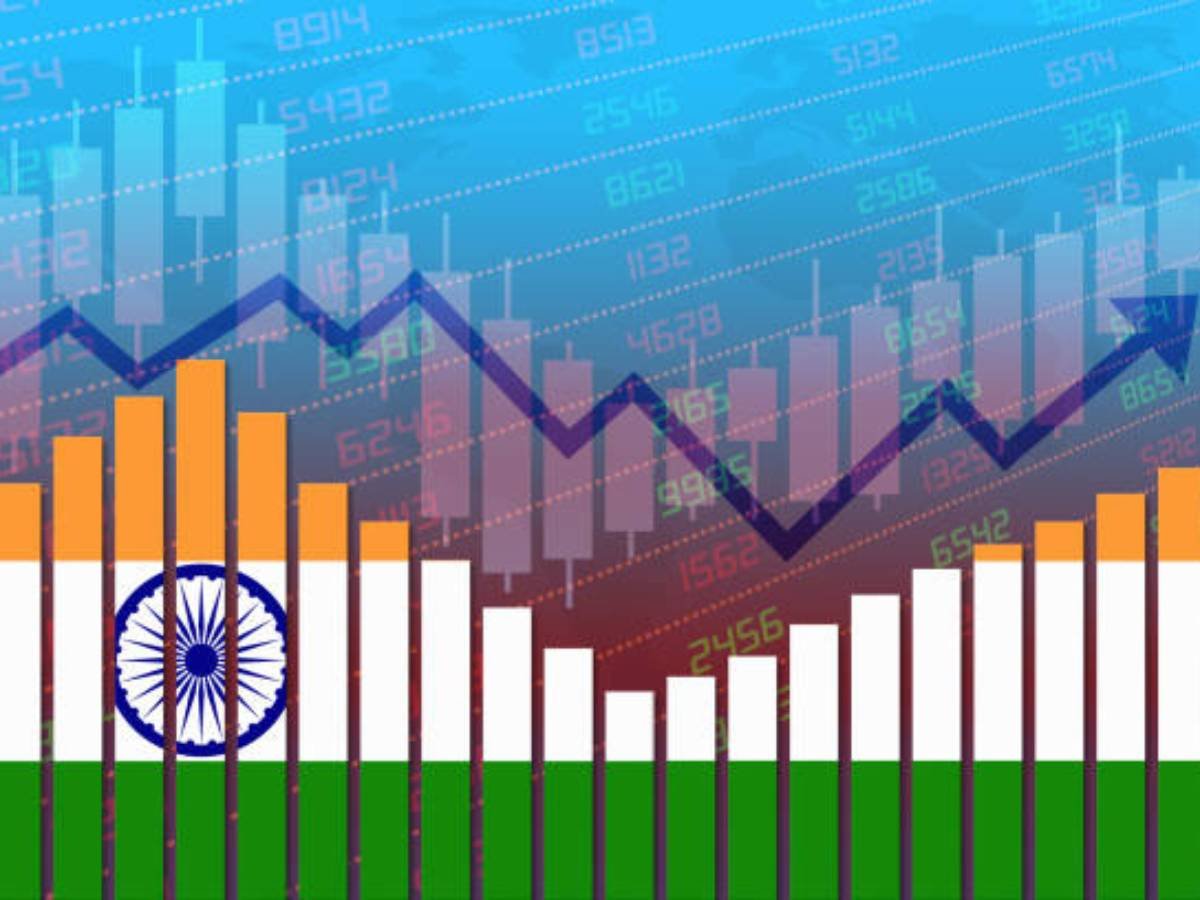NEW DELHI: India is set to emerge as a crucial force driving both Asian and global economic growth within the next decade, according to a report by Morgan Stanley.
The study predicts that India will contribute approximately one-fifth of global growth by the end of this decade.
Highlighting the significant transformations that have taken place in India under the Narendra Modi government since 2014, the research report said that corporate profits will boom and stock prices will re-rate over the years – positioning the country favorably in the world order.
“This India is different from what it was in 2013. In a short span of 10 years, India has gained positions in the world order with significant positive consequences for the macro and market outlook. We present a snapshot of these changes and their implications,” reads the report.
Key factors contributing to India’s economic growth include the formalization of the economy, implementation of the Real Estate (Regulation and Development) Act, digitalization of social transfers, the Insolvency and Bankruptcy Code, flexible inflation targeting, increased focus on foreign direct investment (FDI), government support for corporate profits, and a surge in sentiments among multinational corporations (MNCs).
The report also projects a substantial increase in India’s export market share, estimating it to more than double to 4.5% by 2031. It anticipates a shift in the consumption basket as per capita income rises, leading to greater discretionary spending. Additionally, the study predicts lower volatility in inflation and interest rate cycles, a more favorable current account deficit trend, and a significant profit boom.
India’s economic growth is expected to be less influenced by external factors such as oil prices and US recession, as the country reduces its reliance on global capital market flows, it said. The report also suggests a potential valuation re-rating, driven by sustained domestic demand for stocks and a long-term growth outlook.
While the report highlights India’s promising trajectory, it does acknowledge potential risks, including a global recession, an uncertain outcome in the 2024 general election, sharp increases in commodity prices, and shortages in skilled labor supply.

















